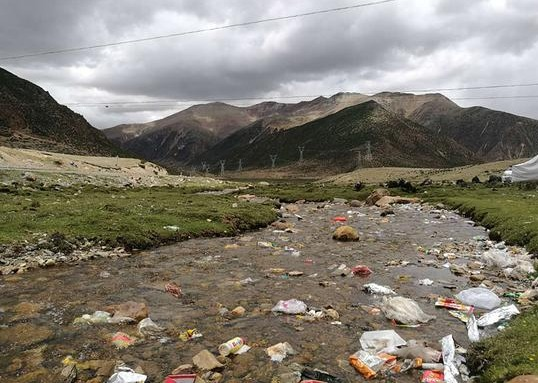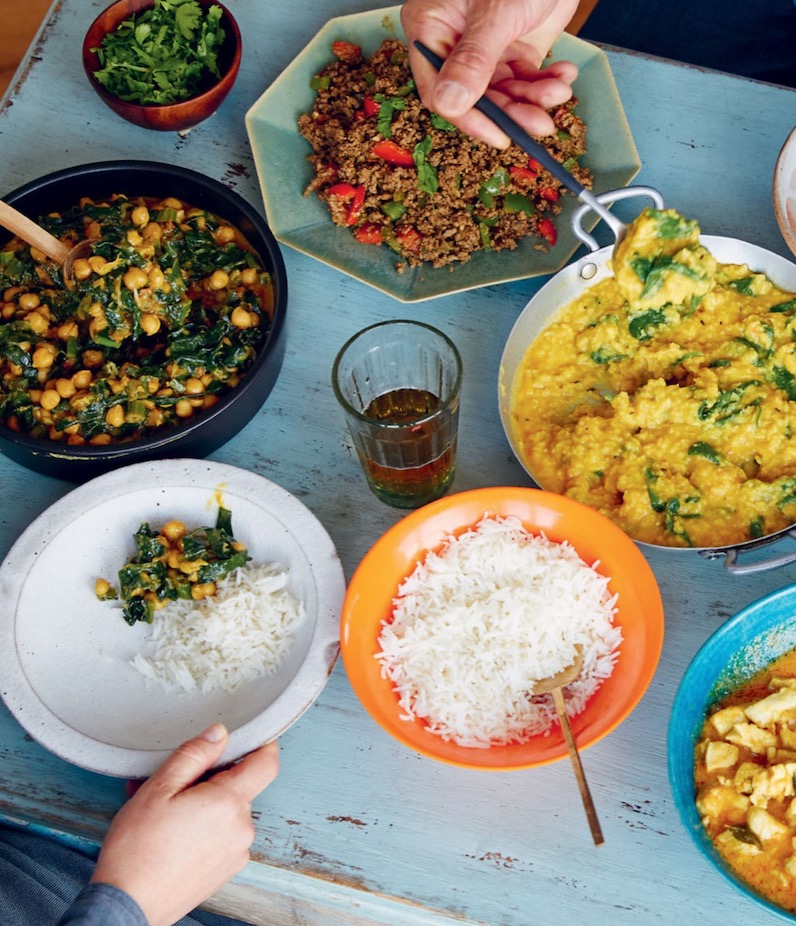
When I was growing up in Tibet, recycling wasn’t a word in my vocabulary. It was something that we all did instinctively, given the scarcity of materials at our disposal, plus the fact that most – if not all – of what we used was biodegradable or ripe for upcycylcling. My dad is an excellent tailor, and my auntie used to make me amazing bags and shoes out of natural materials.
I never had toys as such to play with when I was small, and I didn’t even own a ball until I was well gone ten. I remember that around that age a relative gifted us with a basketball, but we didn’t have long to play with it before my father cut the ball in half, seeing its potential as two excellent food bowls for the animals.
As for food, we grew pretty much everything we ate, and we processed our waste into manure for farm use. There was no shop in the village and no plastic in the house – no food packaging, no disposable bottles, no single-use bags, nothing.
Fast forward thirty years and modernisation has brought huge change to the plateau, including the introduction of vast amounts of non-degradable materials and products. Tibet has a fragile ecosystem, and untreated rubbish is threatening the animals who are the lifeblood of our land, as well as our waters, which are the source of a number of major rivers, including international ones.
The issue is not just tourists to Tibet, although their numbers are ever-increasing, and they undoubtedly contribute a significant volume of waste. Nor is it merely the lack of adequate governance and basic infrastructure needs for waste management. A major problem are the Tibetan people themselves, many of whom are ignorant of the health hazards and the environmental impact of rubbish.
With the growth of modern lifestyles, processed foods have become popular in Tibet, and herders are discarding plastic packaging on the grasslands when they graze their livestock. Families are leaving plastic and glass containers on the grasslands at summer festivals and picnics. Pilgrims visiting sacred sites are making their offerings in plastic ceremonial bottles, which they throw into the lakes. And they are adorning whole hillsides with Chinese-made synthetic prayer flags. Once these were made of cloth, which would naturally decompose.
On a recent trip home to Tibet, I remember seeing donkeys eating from rubbish heaps. They were consuming empty cigarette packets as if they were grass. Tibetan people are coming to understand the many implications of scenes such as this, but lack of education and awareness continue to be a problem in many areas.
This week (Sept. 24-30) is Recycle Week in the UK. When you eat at our stall, rest assured that everything we use, down to our plastic-looking cup lids, is always recyclable, compostable – or both. And don’t forget we offer 50p off your final bill every time you bring your own container.
Thank you for helping us to reduce waste in an industry that generates so much of it. Happy Recycle Week!
#tastetibet #tibet #tibetan #recycle #compostable







